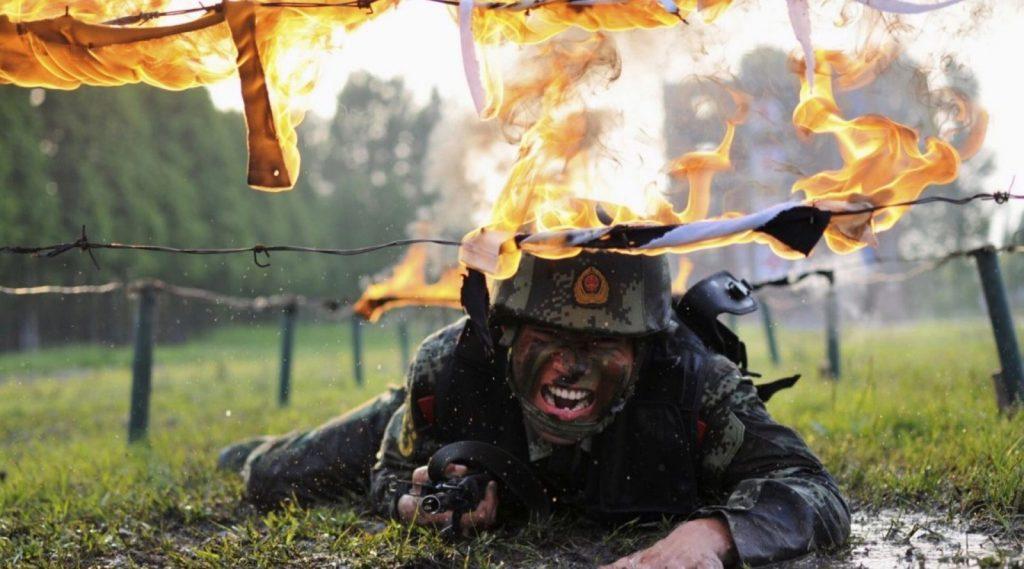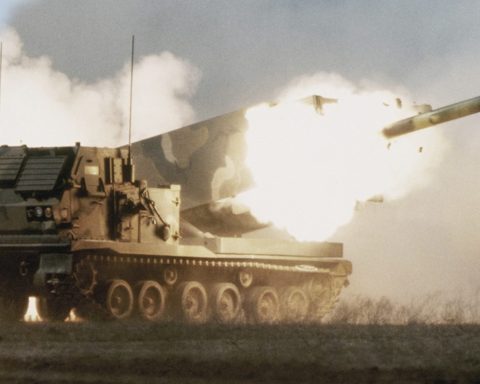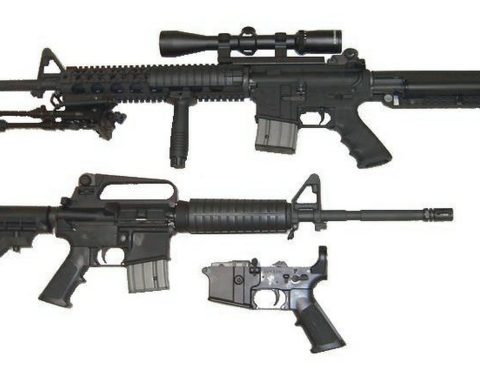The training methods used by special forces units in Eastern countries, especially the former members of the Soviet Union, were famously intense. Even today, Russian special forces units such as Spetsnaz are known for their rigorous and often brutal training methods. However, Western special forces units also have demanding training and selection processes. The Russians have a reputation for being tough and resilient, earned during the Cold War and into the late 1990s. While they may not have the toughest training, they are certainly known for their brutal methods.
Spetsnaz: Pain management
Sharp rocks, icy water, and sledgehammers are all part of the training regimen for the Russian special forces unit Spetsnaz. These soldiers must learn to endure physical pain and discomfort as part of their survival, evasion, resistance, and escape (SERE) training. “Pain management” drills, which may include being subjected to barbed wire, beating with baseball bats, and being dragged behind trucks, are designed to help the soldiers endure injuries and continue fighting in combat. It is important for special forces soldiers to be able to both inflict and withstand pain to succeed in their missions.

To be accepted into a Russian special forces unit like Spetsnaz, potential recruits must endure a rigorous and violent selection process. Candidates must face off against five experienced Spetsnaz soldiers who attack them with fists, feet, and bats. The candidate must keep fighting until they are knocked unconscious, give up, or the attackers give up. Only those who can withstand this brutal test will be accepted into the unit and allowed to begin training.
Navy SEALs: Drown Proofing
The U.S. Navy SEALs are known for their “drown proofing” training technique, in which trainees have their hands and feet bound and must repeatedly bounce from the bottom of a pool to the surface to get air. This exercise tests the trainees’ endurance and ability to stay calm in stressful situations.

British SAS
The Special Air Service (SAS), a special forces unit of the British military, is known for its demanding training. One aspect of this training is a timed march over 40 miles while wearing full military gear. This exercise is designed to test the physical and mental endurance of the trainees.

Greek Underwater Demolitions Squad
There is a rumor that Greek Underwater Demolitions (DYK) recruits are subjected to a training program to eliminate their fear of drowning. As part of this program, recruits are allegedly drowned in a swimming pool and then revived. This is said to help them understand the stages of drowning, including panic and serenity, and teach them how to keep a clear head in such a situation. It is rumored that, on rare occasions, some recruits do not survive this training.
Sayeret Matkal
There are rumors that Sayeret Matkal, the Israeli Defense Forces (IDF) ‘s special forces unit, uses extreme training methods. According to these rumors, recruits are kidnapped and taken to a hut in the desert, where they are tortured as part of their training. It is unclear if these reports are accurate.
US Marines
Reports show US Marines stationed in Thailand have participated in a training exercise involving beheading chickens with their teeth and drinking snake blood. It is unclear if this is a widespread practice or if it is still being used today.
Other units
Chinese paramilitary police are reportedly trained to crawl under fire obstacles as part of their training. Special forces soldiers known as the red berets in Belarus are said to headbutt flaming concrete blocks. The Taiwanese special forces are rumored to train by crawling on rocks, a technique that is considered demanding and impressive. It is unclear how widespread these training practices are or if they are still used today.
Conclusion
Every special operations soldier is familiar with the challenges of starvation, sleep deprivation, and carrying heavy loads over long distances on land or water. These challenges are designed to test the soldiers’ limits and help them understand that they are capable of more than they may think. Some soldiers argue that Ranger School, a demanding training program for the U.S. Army, is harder than combat.
Still, others disagree, pointing out that combat is unpredictable and chaotic, while Ranger School is a controlled environment. Special operations forces training programs are widely considered the toughest military training in the world.





